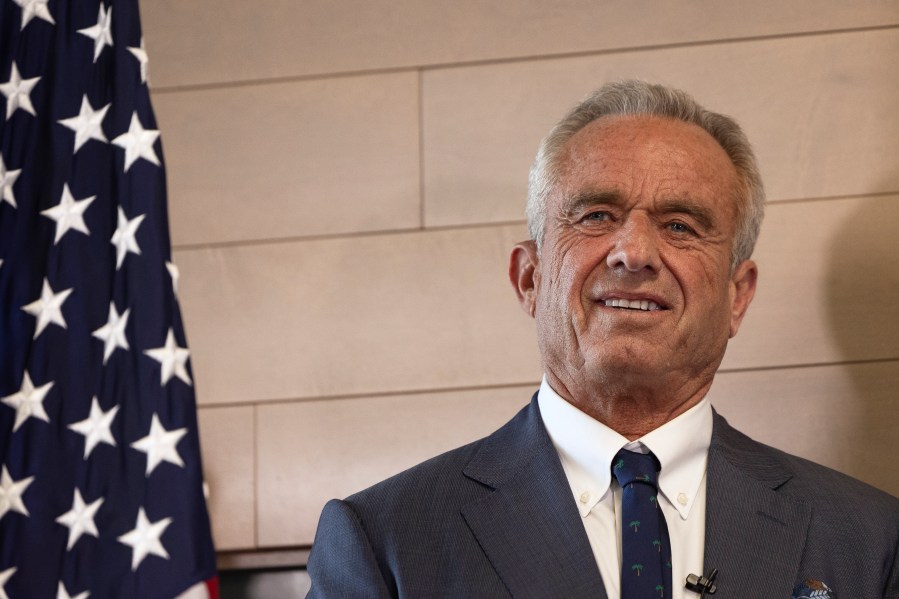Recently removed members of a Centers for Disease Control and Prevention (CDC) vaccine advisory panel warn that Health and Human Services (HHS) Secretary Robert F. Kennedy Jr.’s move to replace them shows he is “abandoning” rigorous scientific review and open deliberation.
Kennedy fired all 17 sitting members of the Advisory Committee on Immunization Practices (ACIP) in early June, accusing members of having conflicts of interest.
He said the move was necessary to restore faith in vaccines and then appointed eight new hand-picked members to the panel, many of whom have expressed skepticism about vaccines.
Former members of the panel published a piece in The New England Journal of Medicine, one of the oldest peer-reviewed medical journals in the world, arguing that Kennedy’s decision to abruptly replace committee members with an “inexperienced and biased panel” has resulted in a “fundamental distrust” in the committee’s work.
An HHS spokesperson doubled down on Kennedy’s decision to replace the ACIP panel.
“Secretary Kennedy has restored public trust through his reconstitution of ACIP with highly credentialed medical doctors and public health experts committed to evidence-based medicine, gold standard science, and common sense,” the spokesperson wrote in an email to The Hill.
The ousted members also argued that the Trump administration’s changes to vaccine policy have “circumvented the standard methodology” where a committee of scientists and clinicians conducts rigorous reviews and deliberation before making vaccine recommendations that is then published with clear justification.
This was made clear last month when the new ACIP panelists voted to remove the mercury-based preservative thimerosal from flu shots, which the HHS later approved.
Thimerosal was introduced as a preservative for vaccines nearly 100 years ago and has since been used in numerous drug products, including vaccines. Vaccine skeptics, including Kennedy, have wanted it to be removed from vaccines for years, believing that it harms children and can cause autism.
The former members recommend “paths forward” for the nation’s vaccine policy, which includes rolling out an alternative to the sitting ACIP panel used by the CDC.
“An alternative to the Committee should be established quickly and — if necessary — independently from the federal government,” the article reads. “No viable pathway exists to fully replace the prior trusted and unbiased ACIP structure and process.”
Instead, the alternatives need to focus on “limiting the damage” to vaccine policy in the U.S.
One way to do that, former panelists explain, is for professional organizations along with state and local governments to come together to “harmonize vaccine recommendations.”
Other options include establishing an external auditor of the new ACIP recommendations or creating a fully parallel system that follows past ACIP practices.
They note that the quality of available data, straightforward guidance to providers and insurance coverage, and vaccine access will pose future challenges to the process.
“It is urgent that other organizations step forward to reassert an evidence-based, expert approach to vaccine recommendations to bring the nation back from the precipice of uncontrolled spread of infectious diseases and needless deaths,” the article continues. “Families are counting on us.”

